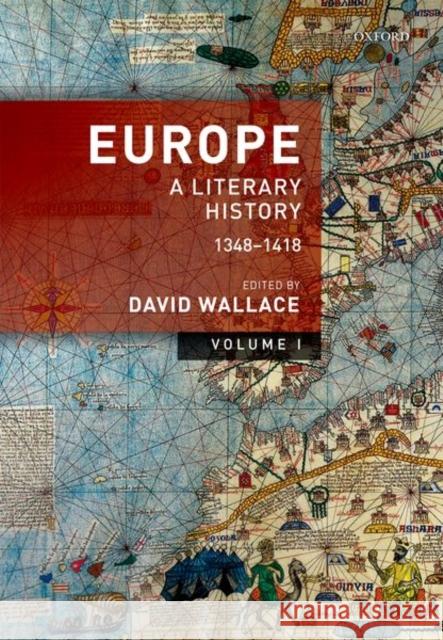Europe: Volume 1: A Literary History, 1348-1418 » książka
topmenu
Europe: Volume 1: A Literary History, 1348-1418
ISBN-13: 9780198870647 / Angielski / Miękka / 2021 / 816 str.
Europe: Volume 1: A Literary History, 1348-1418
ISBN-13: 9780198870647 / Angielski / Miękka / 2021 / 816 str.
cena 227,61
(netto: 216,77 VAT: 5%)
Najniższa cena z 30 dni: 209,08
(netto: 216,77 VAT: 5%)
Najniższa cena z 30 dni: 209,08
Termin realizacji zamówienia:
ok. 16-18 dni roboczych.
ok. 16-18 dni roboczych.
Darmowa dostawa!
Kategorie:
Kategorie BISAC:
Wydawca:
Oxford University Press, USA
Język:
Angielski
ISBN-13:
9780198870647
Rok wydania:
2021
Ilość stron:
816
Waga:
1.53 kg
Wymiary:
24.38 x 17.02 x 4.06
Oprawa:
Miękka
Wolumenów:
01
Dodatkowe informacje:
Bibliografia











